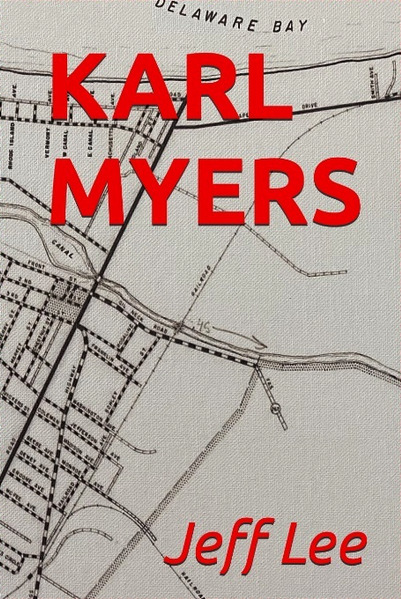
Karl Myers is a melancholic ex-Marine police chief with a stack of regrets, an unwavering hunger for justice, and a raised eyebrow at the backwards beliefs that still flourish in the town he calls home. Jerry Peterman is a scarred veteran with a quick temper and no tolerance for weakness, let alone disobedience, from either his cowed son, Greg, or his frightened wife, Vivian. Greg is forbidden by his father from playing with a young black boy in town, Moses, but youthful rebellion has deadly consequences when the wrong triggers are pulled.
After a terrible accident spirals into a tragedy and a manhunt, the already divided town is torn even further asunder, threatening more young futures and families. Myers puts his investigative skills to use, along with his sharp understanding of human nature, but is forced to fight on multiple fronts, beating back the bloodthirsty calls for vigilante justice with proof, truth, and due process, regardless of where his hunt leads.
A bold look at the lethal realities of ignorance and prejudice, this book is a stark reminder of America’s perennial struggle with racially charged violence, unhealed trauma, and skewed ideas of justice. From shattered innocence and broken homes to painful memories playing out in the present, this is a vivid and emotionally raw read from a writer keenly attuned to grief, struggle, and loss.
Importantly, as the book details the emotional weight and carnage often wrought by emotional and physical abuse, Lee doesn’t give a pass to people suffering from PTSD, but instead explores the complexity of mental health and the long trail of consequences it can have when left unaddressed. Throughout the novel, Lee navigates a razor’s edge of thematic threads, focusing on masculinity, family, and violence, as well as the intergenerational trauma of two different wars, which have lingering repercussions.
Lee’s prose style is unique, at times declarative and journalistic, with a detached omnipotence that at first feels cold, but there is undeniable power in the carefully crafted language. His ability to drop a staggering blow with spare prose is impressive, and that compelling narrative voice makes the slow-burn storytelling a pleasure. Where some writers get lost in character exposition and context-building, Lee lyrically leads readers into three-dimensional crises of culture and community morality. The dialogue is also colloquially committed and consistent, which is essential in a book that relies so heavily on character interaction, conversational pacing, and the delicate tension of authentic speech.
There are occasional passages that feel verbose or tangential, almost Proustian in their nuanced detail, but a writer of this caliber is allowed to flex from time to time. As a whole, this is a gripping and timely period drama that echoes with critical and timely significance for contemporary readers.
Available At



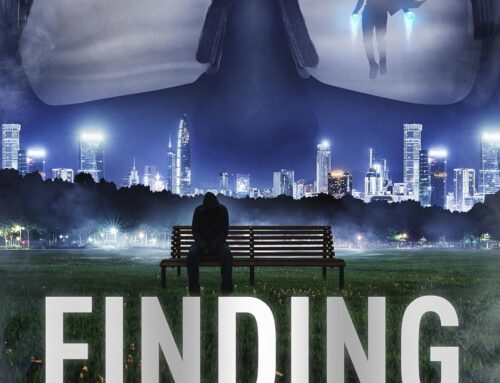
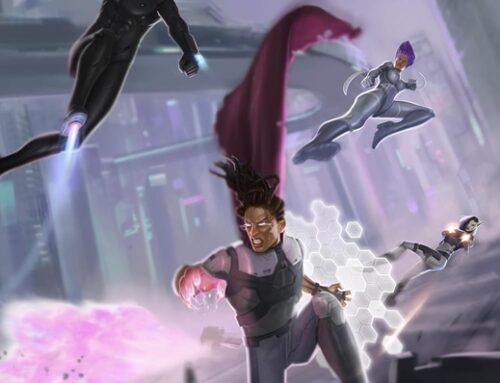
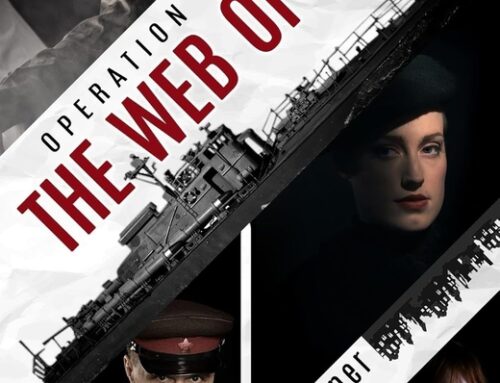




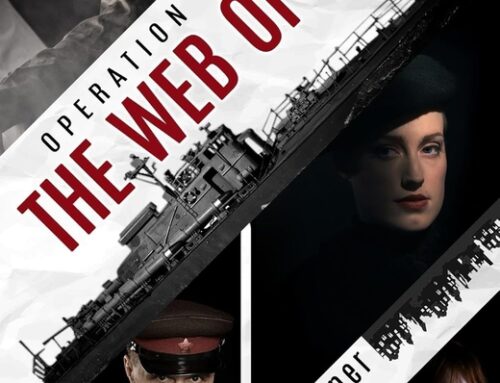
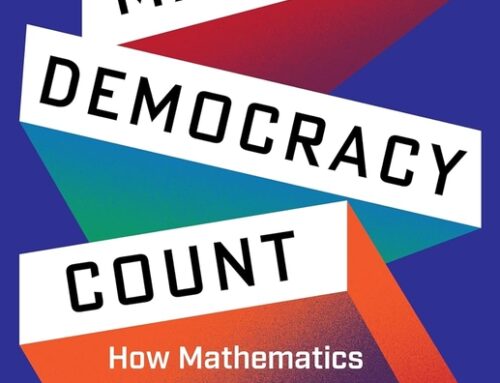
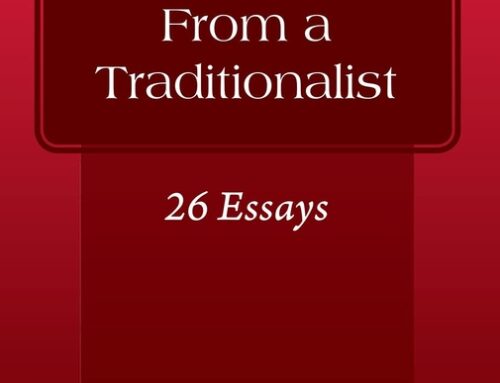
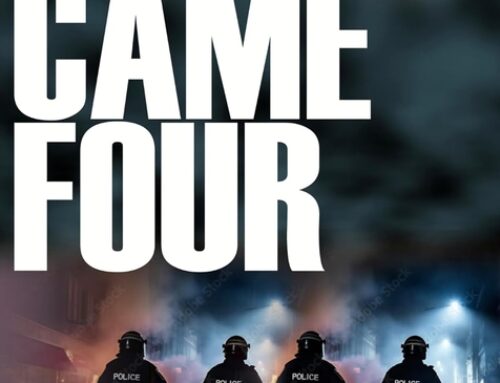
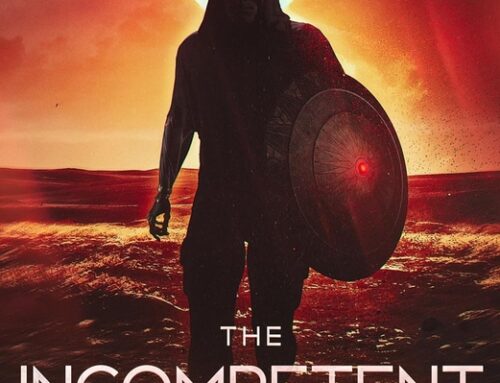
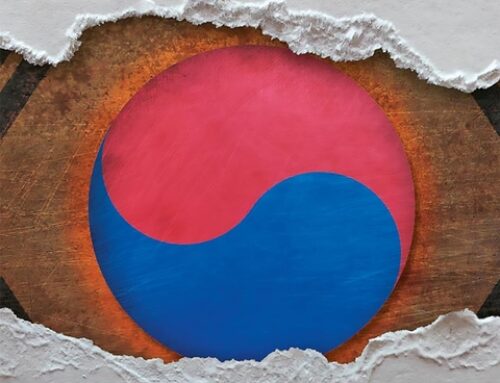


Leave A Comment